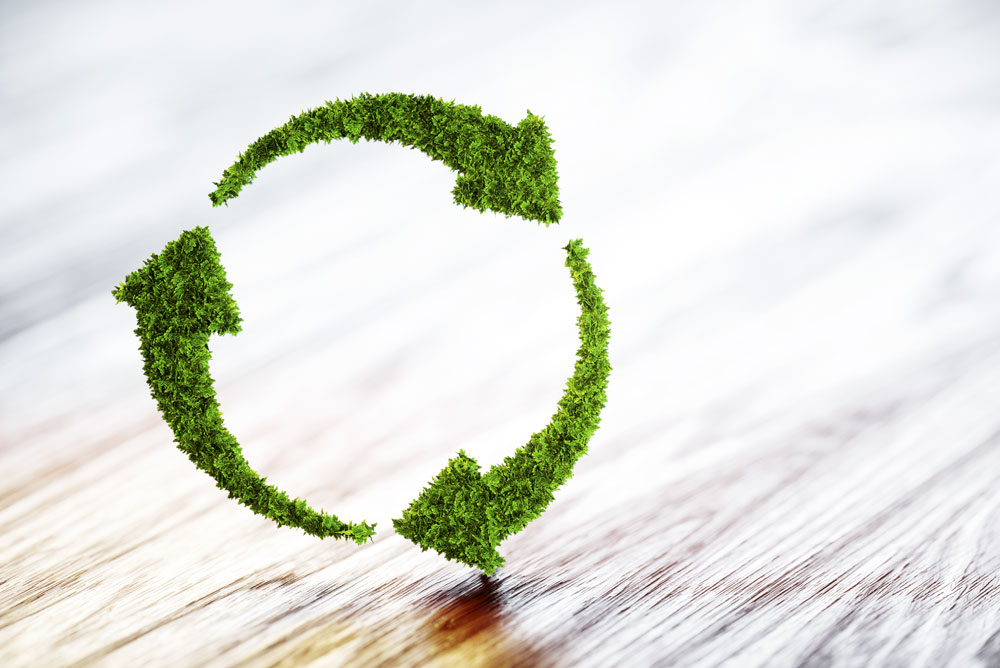People no longer buy products only for quality and price. They search for something more, a moral anchor, a signal of responsibility that companies cannot fake. Consumers are growing sharper, looking behind the curtain at how goods are made and handled. They want proof that the brands they choose are not only reliable but ethical in their practices. Environmental certification has emerged as a badge of honor, a mark that reassures skeptical buyers. This seal of trust transforms consumer perception into loyalty, which no advertisement alone can buy.

The Visual Power of Green Seals
When consumers see a certification logo, it triggers a deep sense of safety. A seal stands as a visual shorthand for responsibility, echoing decades of trust psychology. People process symbols faster than long explanations, making such marks powerful persuasion tools. The badge represents a silent promise that the company respects the planet's limits. This perception strengthens even among those who rarely study full product details. Certificacion ambiental serves as that immediate stamp of credibility that speaks louder than corporate slogans.
Transparency That Feels Authentic
Shoppers crave brands that reveal what usually stays hidden behind closed doors. Certification forces companies to disclose details that normal ads often gloss over completely. By passing strict audits, brands prove they have nothing shady to conceal from customers. That transparency generates emotional comfort, because honesty feels rare in today's crowded marketplace. Consumers are more likely to connect with companies showing proof rather than polished rhetoric. It transforms buying into a partnership, where openness feels as valuable as the purchase itself.
Values Matching Consumer Identity
Modern buyers define themselves through the choices they make each single day. A certified eco-friendly product aligns seamlessly with the image they wish to project publicly. The purchase becomes more than utility; it is an extension of personal moral identity. That alignment produces loyalty, because people stick with brands that mirror their principles. The certification tells them, this brand is not just selling, it is believing. Such resonance turns shopping into a statement, creating deeper attachment beyond the price tag.
The Role of Social Proof
People often follow cues from others when unsure about their own decisions. Environmental certification acts as an institutional voice saying, others already checked this for you. This reduces doubt and provides an external authority validating the consumer's choice fully. When doubt shrinks, satisfaction rises, and trust becomes the dominant emotional outcome. Customers lean heavily on these endorsements, especially when buying higher-priced or luxury goods. It becomes the invisible crowd reassurance, guiding purchases with invisible yet very powerful hands.
A Long-Term Brand Investment
Certification is not just about short-term image, it builds long-run resilience for brands. Consumers remember which companies take responsibility when environmental news dominates public discussion strongly. Trust accumulated over years of ethical consistency becomes priceless during moments of crisis. That durability ensures customers remain loyal even when competitors offer temporary cheaper alternatives. The certification therefore becomes armor, protecting reputation when doubt or scrutiny arises unexpectedly. Brands holding it project stability, safety, and vision in an increasingly chaotic commercial landscape.
Conclusion
Environmental certification reshapes consumer psychology by converting skepticism into loyalty and doubt into confidence. It humanizes brands, aligns them with shared values, and builds long-term emotional bonds. In a noisy marketplace, certification becomes more than proof, it is a modern survival strategy. Brands that wear it responsibly gain not just buyers but true believers in their mission.






